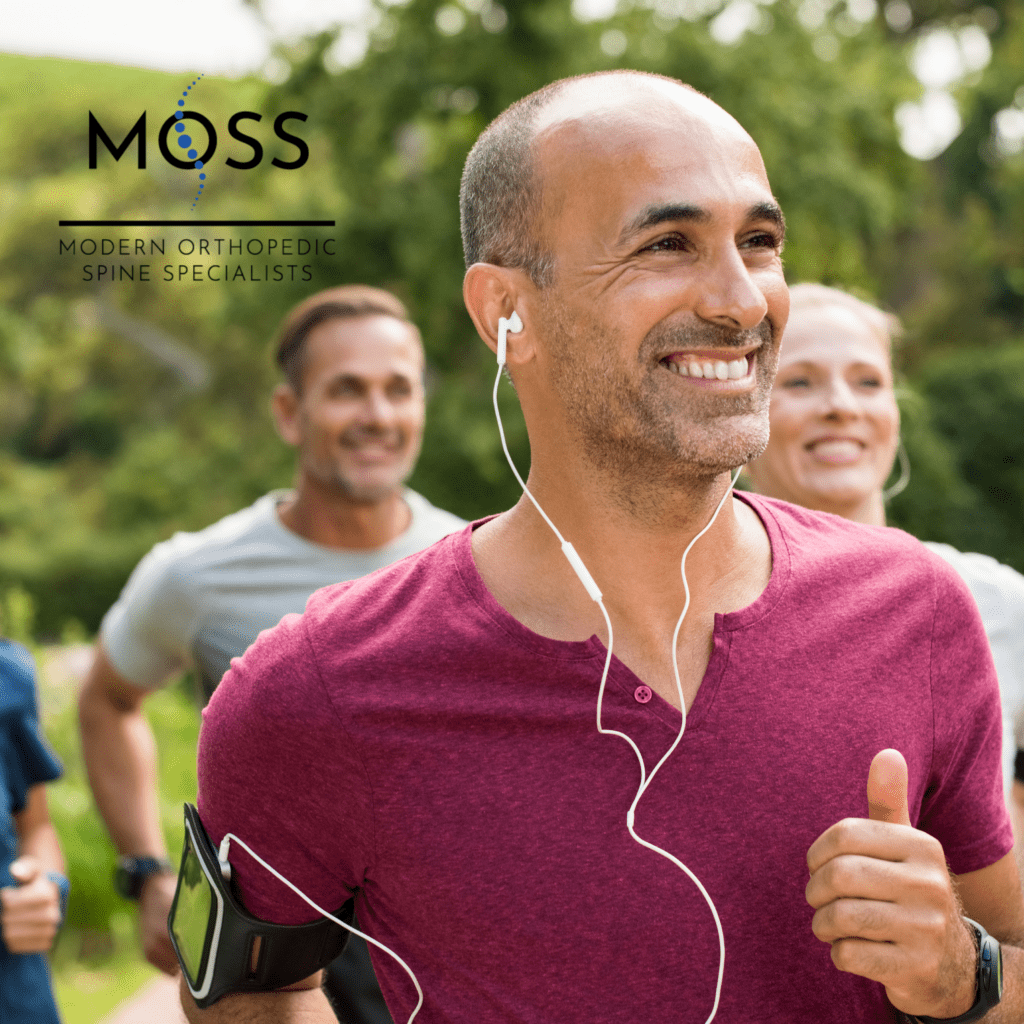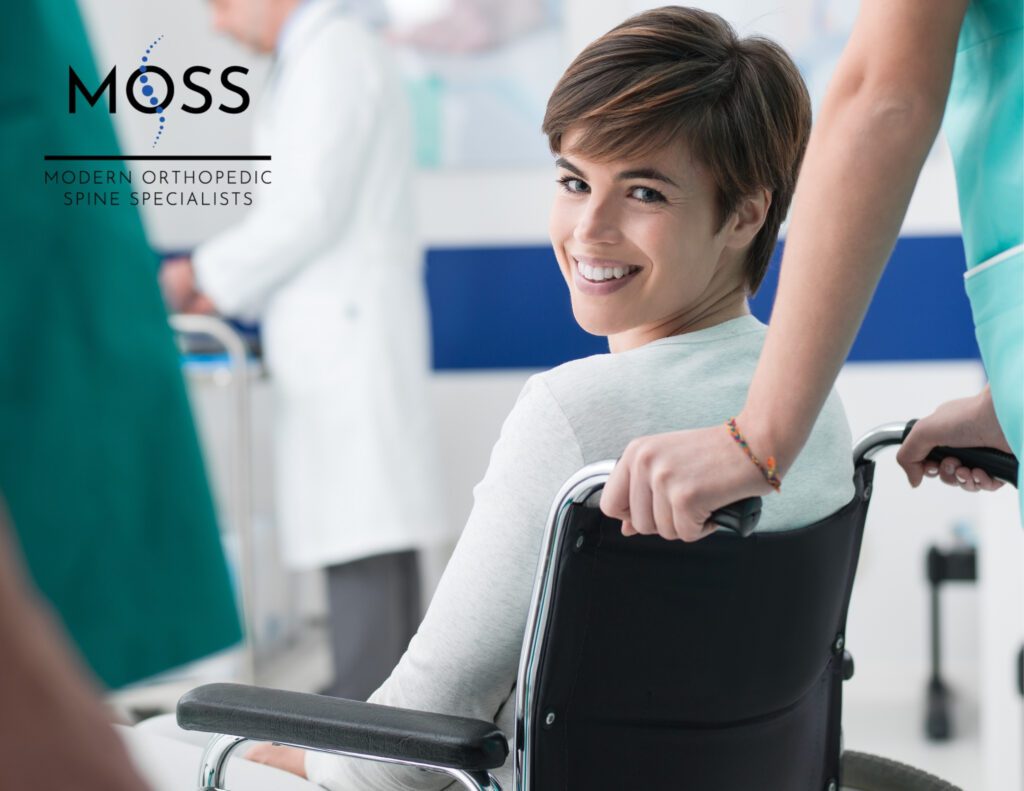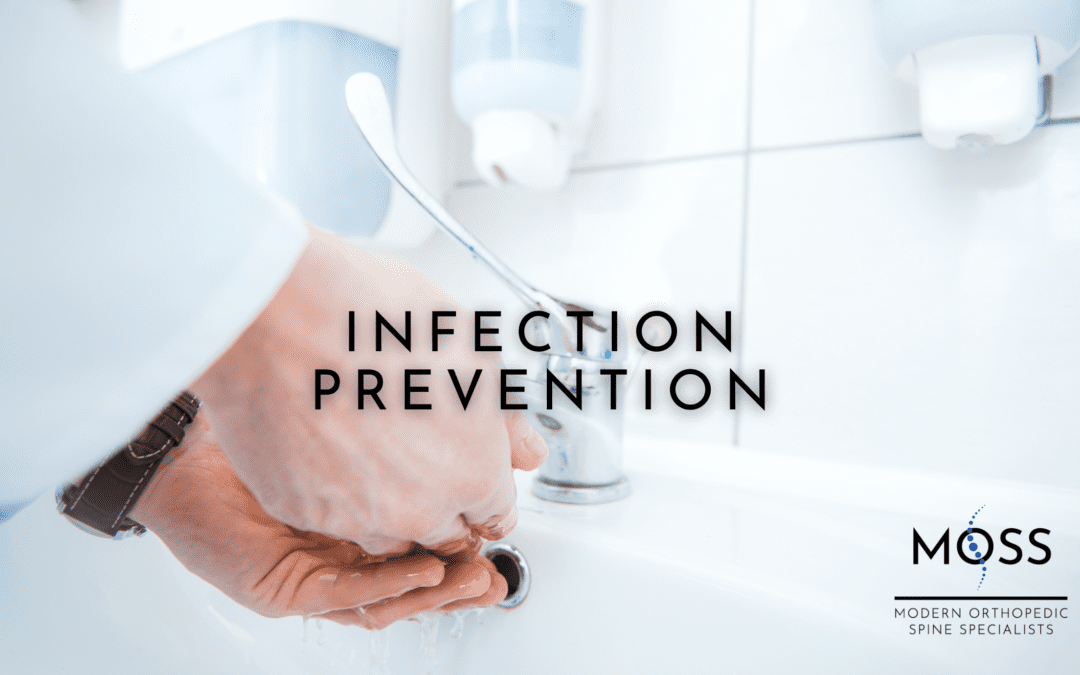Our bodies are magnificent at performing myriad functions throughout every moment of our lives, some with our knowledge, but most are performed without our conscious awareness. Among these functions, our body is continuously combating foreign offenders like viruses and bacteria. Most of the time, it manages this job beautifully, but there are times when infection does occur. Here at Modern Orthopedic Spine Specialists, we take infection prevention very seriously and do all that we can to ensure that your risk of infection is minimized!
I’m scheduled to have surgery. What can I do to prevent an infection?
As a premier surgical center, we strive to give our patients optimal care and results. Among other things, one of our goals is to prevent infection so that our patients heal faster and better — we want the best results for you!
To do so, we will assess your risk for infection before surgery and make recommendations based on those findings so that your risk is decreased. Generally, infection prevention and risk factors fall into two categories, non-modifiable risk factors and those that are modifiable.
Non-modifiable risk factors are those which we may not be able to control or change, including:
- Age and frailty
- Overall health and comorbidities (The presence of one or more health-related conditions.)
- Diabetes — Diabetes is a comorbidity that can delay wound healing and decrease one’s ability to fight off infection.
- Autoimmune disorders and other health conditions that impair the body’s immunity
- Surgical invasiveness — All surgery carries a risk of infection, but less invasive surgeries have lesser rates of infection than more invasive ones. This is one of the reasons we prefer the least invasive option possible. Unfortunately, not all cases can be addressed with the lesser invasive options, depending on the pathology and the amount of surgery needed. Rest assured, though, we strive for infection prevention in all our surgeries!

Modifiable risk factors are easier to change, and we encourage changes that decrease your chance of infection whenever possible:
- Nutrition — A healthful diet before and after surgery helps to decrease inflammation and brings valuable nutrients to all cells of your body. This not only helps with wound healing, but it also helps decrease your chance of infection. A decrease in sugar intake alone has been shown to decrease inflammation and infection. A body that is working optimally is better equipped to fight off infection.
Consider adding anti-inflammatory and immune-boosting foods like turmeric, ginger, cinnamon, and berries that contain valuable antioxidants that boost immunity, in addition to decreasing inflammation. Fermented foods rich in probiotics have also been shown to benefit immunity.
- Supplements — Sometimes adding these nutrients in the form of supplements can be helpful when these foods are not available or consuming them in sufficient quantities is not possible or advisable. Vitamin C, Vitamin D, and zinc are also helpful in the fight against infection. As always, discuss with your surgeon all your medications and supplements, as some can interact with medications used during surgery and may increase your chance of bleeding.
- Exercise — Daily exercise has been shown to boost immunity and improve overall health, which in turn aids your body during surgery and promotes healing after. Exercising outdoors offers additional immune-boosting benefits from Vitamin D production, among other factors. A healthy body with robust circulatory and immune systems fights off infection far better than one that is impaired.
- Diabetes control — Keeping blood sugar and insulin levels at prescribed levels help with wound healing and infection control. When blood sugar is high, our immune system is imparied. This is true for diabetics and non-diabetics.
- Smoking — Smoking impairs our circulatory, respiratory, and immune systems, as well as most bodily systems. This is taxing on the body, and tissues are underfed. For surgery to be most effective and chances of complications, including infection, to be minimized, smoking cessation is highly recommended. Your body will thank you!
- Cleansers — Prior to surgery, you will be given an antimicrobial cleanser and instructions on how to use it in the shower to prepare the area where the incision will be made.
- Antibiotics — Antibiotics may be given before surgery, and sometimes after, to decrease the risk of infection.
- Wound care — After surgery, you will be given instructions on how to care for your incision at home. Keeping the area clean and dry is important, as bacteria thrive in moist environments but are averse to dry ones.
- Keep moving — You will be encouraged to move and walk after surgery. This not only helps everything return to normal, but it also decreases infection rates by improving circulation and blood flow. It may seem counterintuitive after surgery, but getting up to walk around (within reason) several times a day will pay off with a faster recovery.
- Getting home — Leaving the hospital or surgery center as soon as is safely possible will decrease your risk of developing a hospital-acquired (nosocomial) infection. This is one of the benefits of minimally invasive surgery — less chance of infection.

You can be confident that award-winning Dr. Armen Oganesian and his skilled team will take extra steps to decrease your chances of infection, before, during, and after your surgery. Unfortunately, despite our best efforts, every surgery carries with it the risk of infection. However, we will monitor you closely and act promptly at the earliest signs of infection to prevent its spread so that you will heal quickly.
You and your health are our highest priority!
For an individual consultation, contact Dr. Armen Oganesian at The Modern Spine Specialists today! Please contact The Modern Spine Specialists at 805-370-0748, or email us at info@themodernspine.com.
You can also visit our office at:
250 Lombard Street
Thousand Oaks, CA 91360


Recent Comments